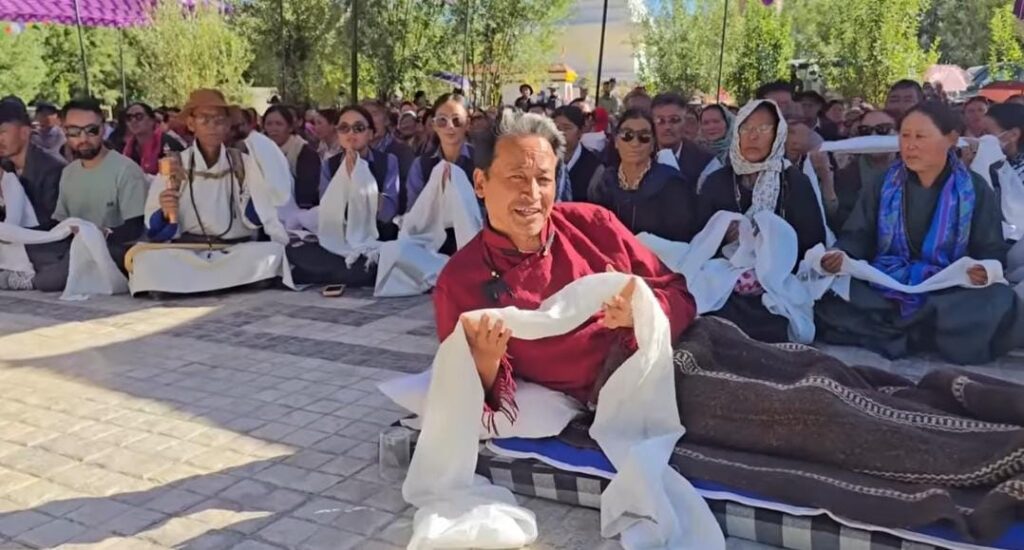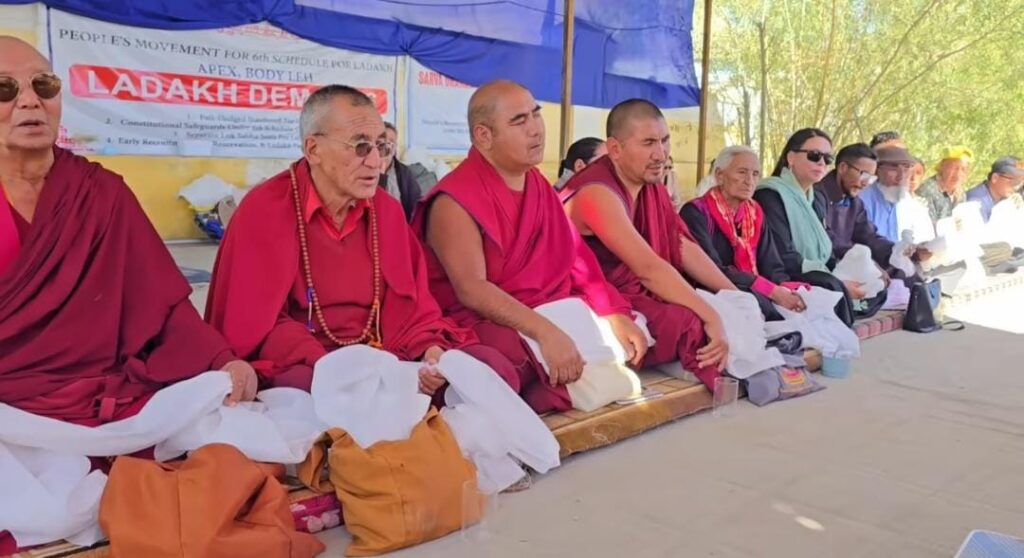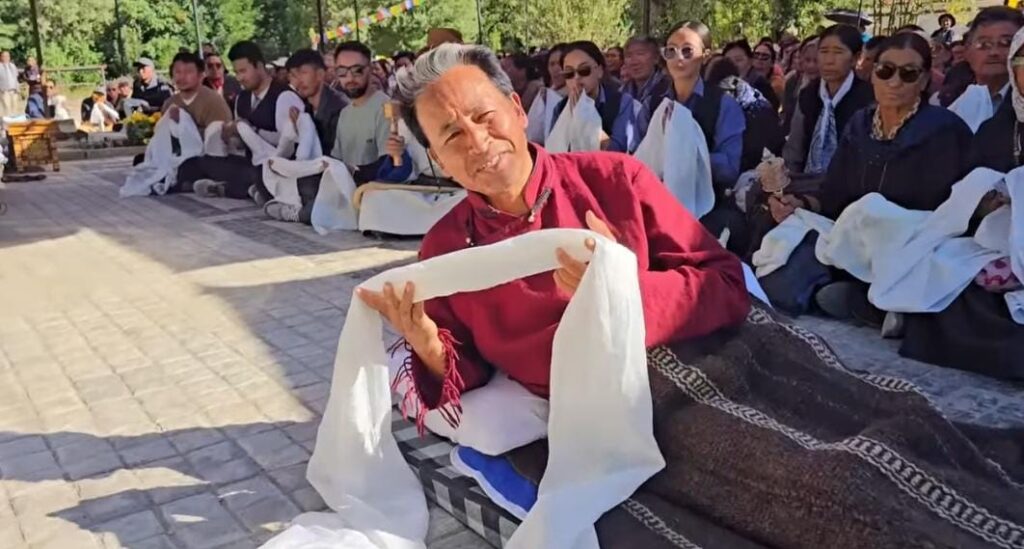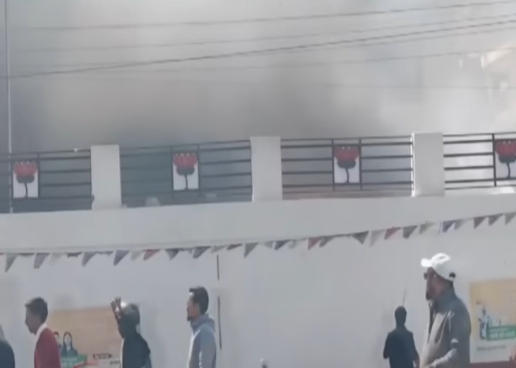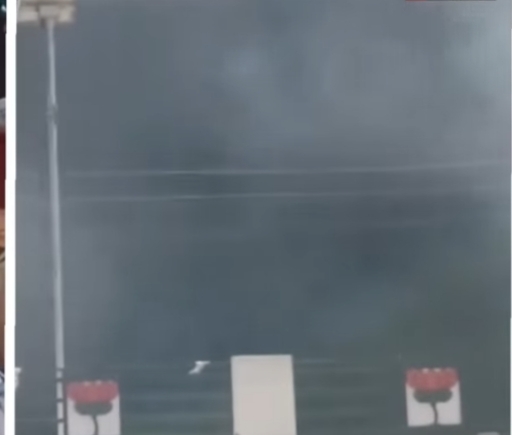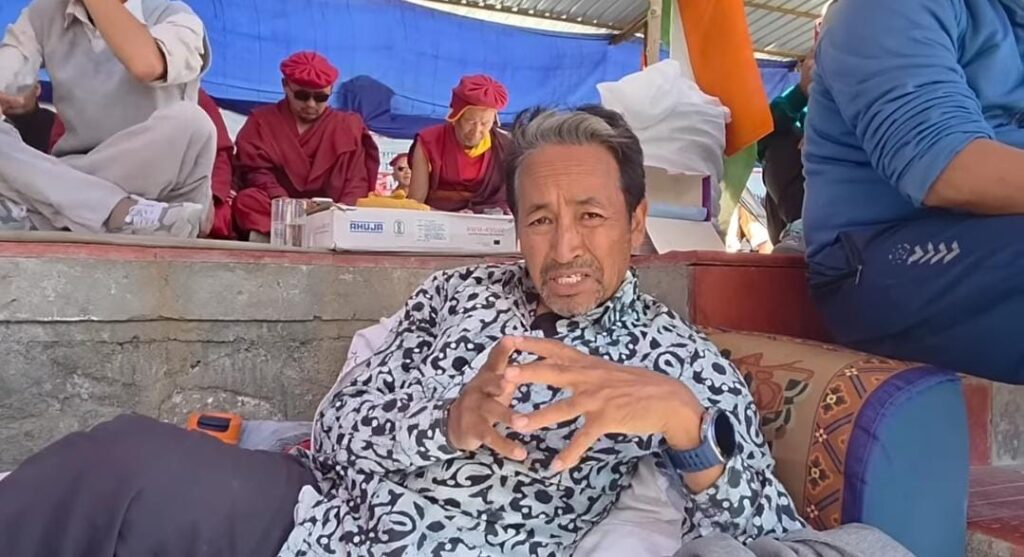
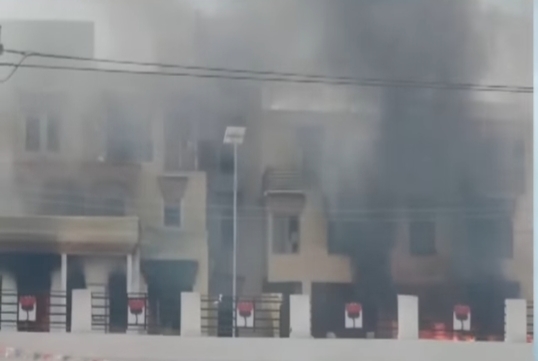
NEW DELHI: The arrest of noted environmentalist and social activist Sonam Wangchuk in Ladakh has triggered a storm of political reactions across the country, with observers warning of far-reaching national repercussions.
Wangchuk, who has long championed peaceful protest rooted in Mahatma Gandhi’s philosophy of non-violence, was taken into custody under Section 163 after two days of violent clashes in the region. The violence, which included an attack on a BJP office, has raised tensions in a strategically sensitive area.
According to sources, the arrest came on instructions “from the top,” reflecting the Centre’s hardening stance. Leaders from several opposition parties—both national and regional—have condemned the move, calling it an attack on democratic rights and an attempt to silence dissent. “Arresting a Gandhian voice only exposes the government’s fear of public opinion,” remarked one senior leader.
Senior journalist Bashir Arif from Srinagar described the arrest as “nothing but frustration” on the part of the central government. He argued that the move was intended to divert attention from growing discontent among Ladakhis, who feel ignored and marginalized since the region was carved out as a Union Territory.
“For the first time, Buddhists and Muslims in Ladakh—communities often at odds—appear united. This unity is a political earthquake, and mishandling it risks pushing loyalties towards China or Pakistan,” he cautioned.
Observers underline that Wangchuk has never espoused separatism or militancy. His campaigns have focused on climate change, education, and safeguarding Ladakh’s fragile ecology, all conducted through Gandhian methods of fasts, marches, and peaceful appeals.
His arrest, therefore, is being seen as both unnecessary and counterproductive, potentially radicalizing a community that until now sought redress within the framework of the Indian Constitution.
The larger fear expressed by analysts is that Ladakh, which has historically remained peaceful compared to other border regions, may now drift into instability. “By arresting Wangchuk, the government has handed the moral high ground to the protesters,” said a Delhi-based political observer. “Instead of addressing their legitimate concerns about jobs, environment, and representation, the state has chosen confrontation.”
As protests continue, the arrest of Sonam Wangchuk is no longer seen as a local law-and-order issue but as a test of the Modi government’s ability to manage dissent in border regions. Whether the Centre chooses dialogue or doubles down on force may decide not just the future of Ladakh, but also the credibility of India’s democratic commitment.
(Writer is Senior Journalist and Political Commentator)
